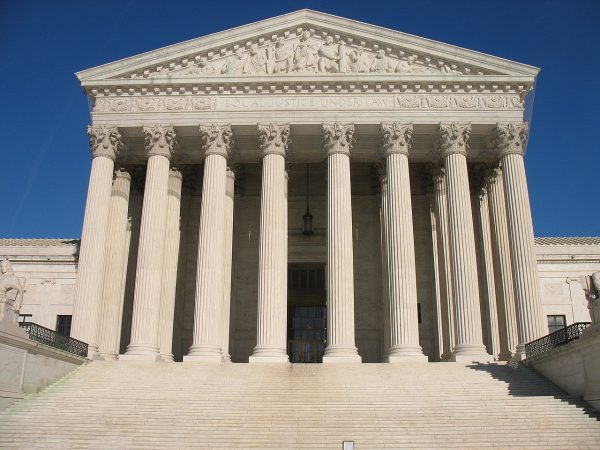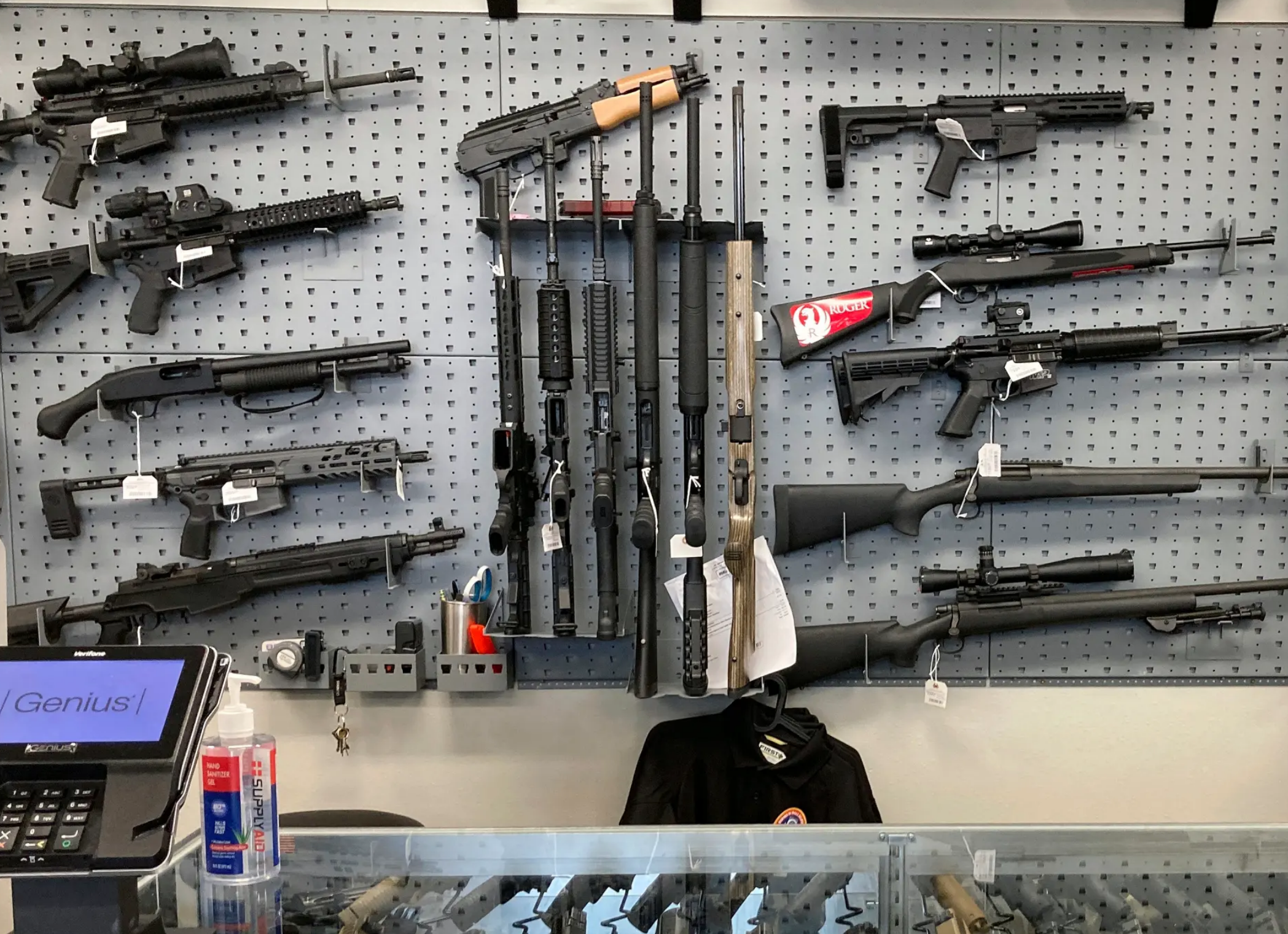
The Supreme Court has ruled in favor of Caniglia in Caniglia v. Strom, thus ruling against warrantless seizure of firearms.
Several weeks ago we reported on the Caniglia v. Strom case, noting the case had major 4th Amendment and 2nd Amendment implications. The case was centered around the warrantless seizure of Edward Caniglia’s guns, the police lied to him and said they would not take his guns and then lied to his wife and said that he had consented to the seizure. Ultimately the local authorities took Caniglia’s firearms without a warrant and used the community caretaking exception to do this.
The case itself was a total victory, the court ruled unanimously in favor of Caniglia. Justice Clarence Thomas wrote the majority opinion on the case and several other justices wrote concurring opinions.
Decades ago, this Court held that a warrantless search of an impounded vehicle for an unsecured firearm did not violate the Fourth Amendment. Cady v. Dombrowski, 413 U. S. 433 (1973). In reaching this conclusion, the Court observed that police officers who patrol the “public highways” are often called to discharge noncriminal “community caretaking functions,” such as responding to disabled vehicles or investigating accidents. Id., at 441. The question today is whether Cady’s acknowledgment of these “caretaking” duties creates a standalone doctrine that justifies warrantless searches and seizures in the home. It does not.
In Alito’s concurring opinion he mentioned red flag laws and how this case is not about those in any capacity.
This case also implicates another body of law that petitioner glossed over: the so-called “red flag” laws that some States are now enacting. These laws enable the police to seize guns pursuant to a court order to prevent their use for suicide or the infliction of harm on innocent persons. See, e.g., Cal. Penal Code Ann. §§18125–18148 (West Cum. Supp. 2021); Fla. Stat. §790.401(4) (Cum. Supp. 2021); Mass. Gen. Laws Ann., ch. 140, §131T (2021). They typically specify the standard that must be met and the procedures that must be followed before firearms may be seized. Provisions of red flag laws may be challenged under the Fourth Amendment, and those cases may come before us. Our decision today does not address those issues.
This case is a major victory for the 2nd Amendment. This case may be used in a future case with red flag laws if Alito’s referencing of those laws means anything.



